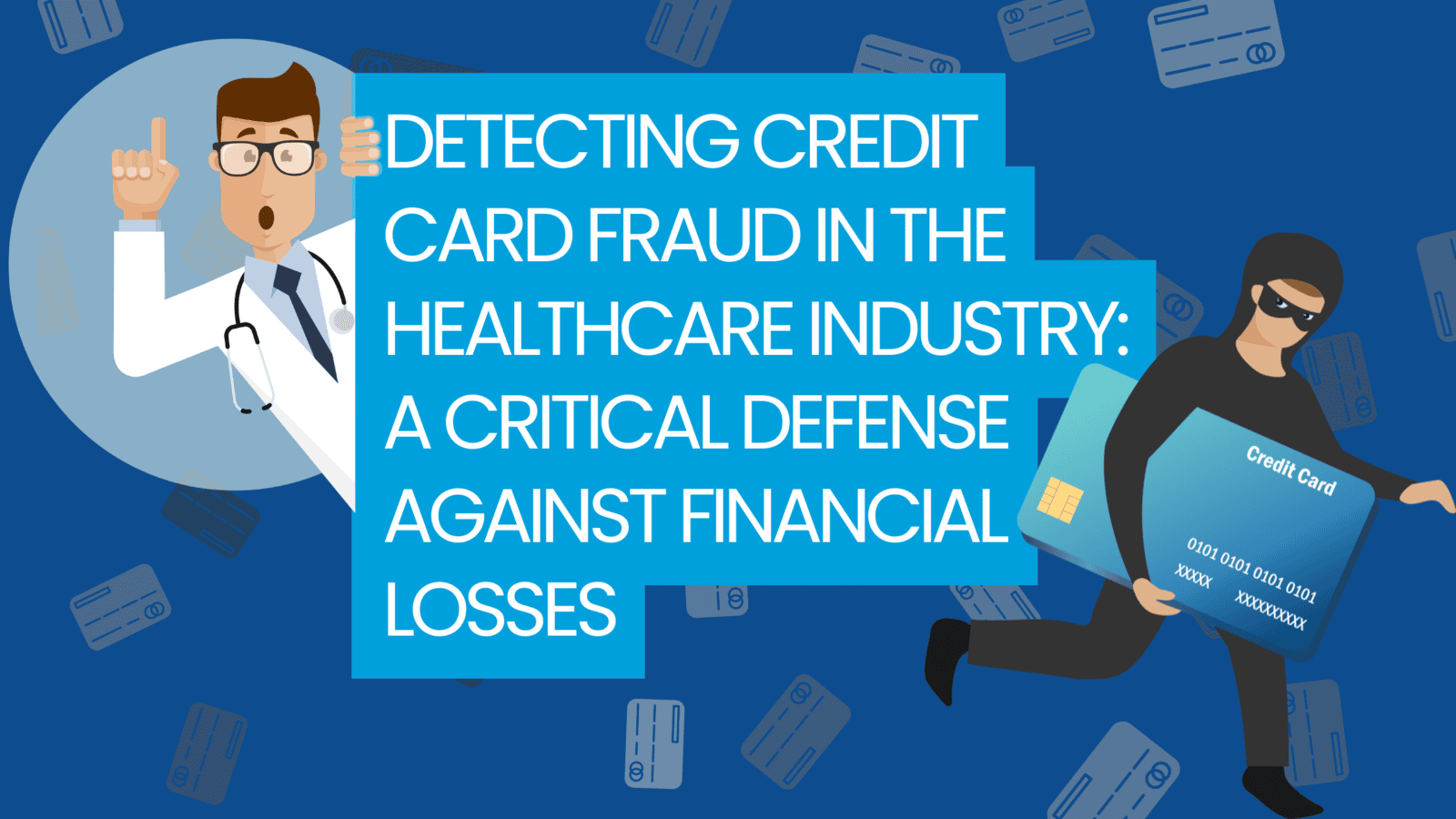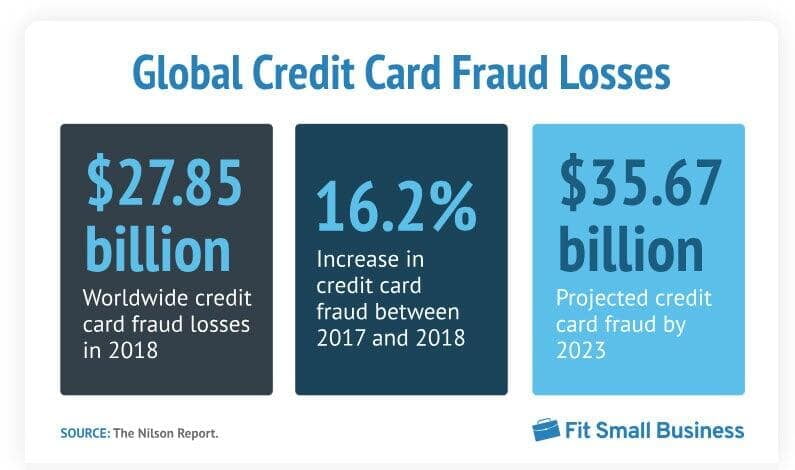
Protecting Your Practice Against Credit Card Fraud
In the healthcare industry, where vast amounts of sensitive data and transactions occur daily, the risk of credit card fraud is a growing concern. The complexity of healthcare payments, coupled with the high value of transactions, makes this sector a prime target for fraudsters. Understanding the types of credit card fraud, their implications, and how to effectively detect and prevent them is crucial for healthcare providers to protect both their financial interests and patient data.
What is Credit Card Fraud in Healthcare?
Credit card fraud in healthcare involves the unauthorized use of credit card information to make transactions, typically without the cardholder’s consent. In this context, fraudsters may exploit weaknesses in payment systems to steal card information and carry out illegal transactions. The consequences are severe, ranging from financial losses for healthcare organizations to compromised patient trust and data security.
Types of Healthcare Credit Card Fraud
1. Card-Present Fraud:
This type of fraud occurs when the physical credit card is stolen and used to make unauthorized purchases within healthcare facilities. For example, a fraudster might use a stolen card to pay for expensive medical procedures or equipment. Healthcare providers can combat this by using chip-enabled POS systems and requiring identification verification.
2. Card-Not-Present Fraud:
More common in online transactions, card-not-present fraud happens when a fraudster uses stolen card information to make payments without physically presenting the card. This could occur through online healthcare portals or telemedicine services. Implementing digital security measures such as encryption, CVV verification, and two-factor authentication is essential for detection and prevention.
The Risks of Credit Card Fraud in Healthcare
1. Financial Loss:
Healthcare providers face significant financial losses due to fraudulent transactions. Chargebacks, where the provider must refund the fraudulent transaction, are common and can severely impact revenue.
2. Reputational Damage:
Frequent occurrences of credit card fraud can damage a healthcare provider’s reputation. Patients may lose trust in the provider’s ability to protect their sensitive information, leading to a loss of business.
3. Operational Disruption:
Dealing with fraud requires time and resources, disrupting regular operations. Healthcare providers must allocate personnel and technology to investigate and resolve fraudulent activities, which can divert attention from patient care.
4. Legal and Regulatory Consequences:
Failing to detect and prevent credit card fraud can lead to legal and regulatory repercussions. Healthcare providers must adhere to standards such as PCI DSS (Payment Card Industry Data Security Standard) to avoid fines and legal actions.
Effective Credit Card Fraud Detection Strategies
1. Real-Time Monitoring:
Implementing real-time monitoring systems to track transactions as they occur can help identify suspicious activities quickly. These systems can flag anomalies such as unusually large transactions or multiple transactions in a short period.
2. Machine Learning Models:
Using machine learning algorithms, healthcare providers can analyze transaction data to predict the likelihood of fraud. These models can learn from past transactions to identify patterns that indicate fraudulent behavior.
3. Outlier Models:
Outlier models can detect transactions that deviate significantly from a patient’s typical spending patterns. For instance, a sudden, large transaction at a healthcare facility far from the patient’s usual location could be flagged as suspicious.
4. Anomaly Detection:
This technique involves continuously monitoring credit card usage to identify deviations from the norm. In healthcare, this could mean spotting transactions that do not align with a patient’s regular healthcare needs or treatment history.
Staying Ahead of Fraudsters in 2024
As fraudsters continue to evolve their tactics, healthcare providers must stay ahead by adopting the latest technologies and best practices in fraud detection. This includes leveraging artificial intelligence, machine learning, and advanced encryption techniques to safeguard transactions and patient data.
Detecting credit card fraud in the healthcare industry is not just about protecting financial assets; it’s about ensuring the security and trust of patients who rely on these institutions. By understanding the types of fraud, implementing robust detection strategies, and staying informed about the latest advancements, healthcare providers can effectively combat this growing threat and maintain the integrity of their operations. If you are interested in a better more secure payments platform that caters to the medical industry,contact PayLo Pro today.
Request a PayLo Pro Demo
√ Book a 15-minute session with a payments specialist
√ Receive a personalized walkthrough of PayLo Pro products
√ Gain insights into requirements and pricing
√ Discover your potential savings!
Request a PayLo Pro Demo
√ Book a 15-minute session with a payments specialist
√ Receive a personalized walkthrough of PayLo Pro products
√ Gain insights into requirements and pricing
√ Discover your potential savings!







